There is no corner to turn. To admit that to myself, to get myself to see that clearly and accept the implications of it as a teacher — that was the trick. One good day does not a corner make; one week of good days do not a corner make. When dealing with a class filled with troubled kids, there’s no six steps forward; there’s no question of three steps forward. Ever bit of forward momentum comes with drag. The drag of habit. The drag of need. The drag of peers.
And so just because one day is almost blindingly good, with 96% of recorded behaviors being positive, doesn’t mean that the next day can’t be a dismal failure, relatively speaking.
That only makes coming home all the sweeter. Though we take steps forward and stumble backward occasionally, I know there’s someone standing behind to catch the stumbles, to encourage, to accept. When the Boy has several accidents in daycare, the family is there to encourage him to do better.
When he comes home wearing the same thing he wore as he walked out the door that morning, it a cause for celebration, and we celebrate.
That’s not to say that my students at school don’t have support somewhere. It’s not to say their parents are somehow inferior. But the facts remain: some of the at-risk students I teach experience a daily school life that is so different from that of our daughter’s that it’s positively foreign.
What explanation fits? There are those with horrible parents who don’t support them, but I haven’t met many. No, scratch that. I haven’t met any, because they don’t come to the school. Most of the parents, though, seem caring, seem supportive. Who am I to judge, to suggest that their behavior is somehow different in private?
It’s the wrong question, though, because the cause, whatever it is, is something outside my control. What is in my control is how I treat them. And more importantly, what is in my control is how I treat my family.
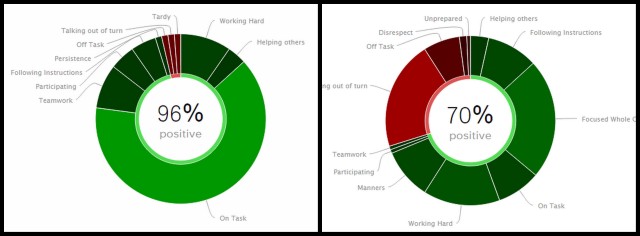
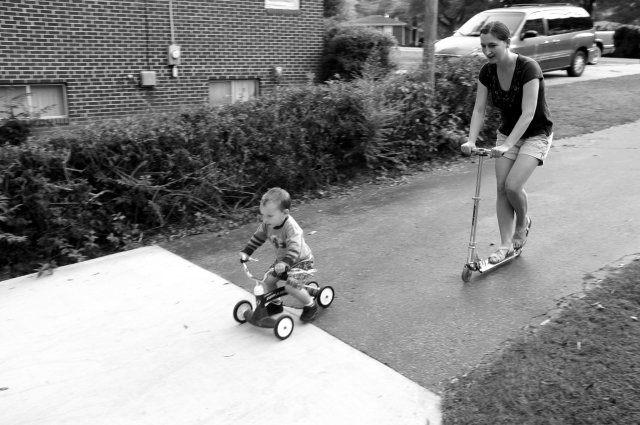
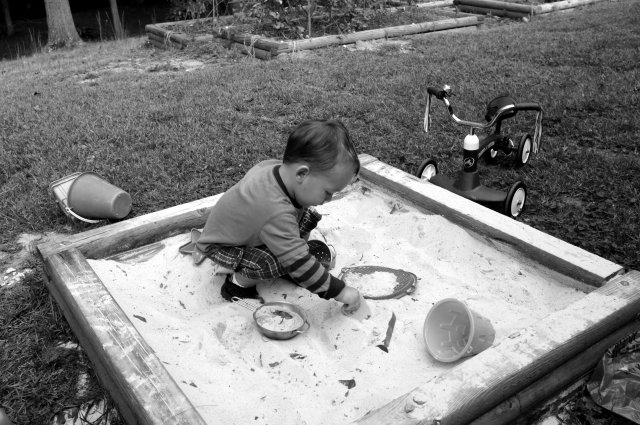
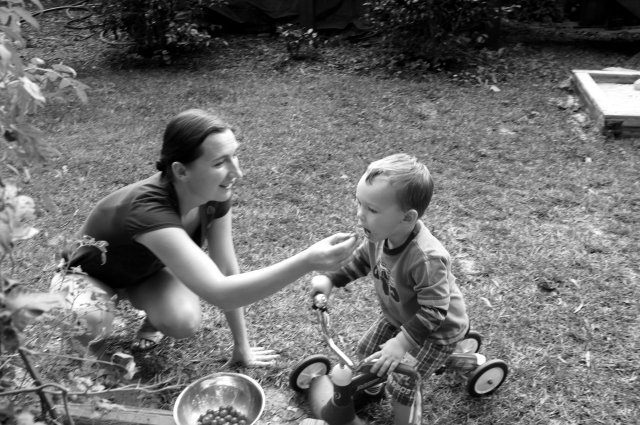
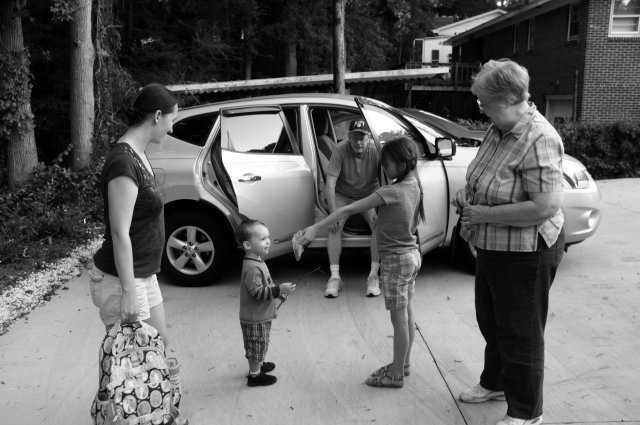
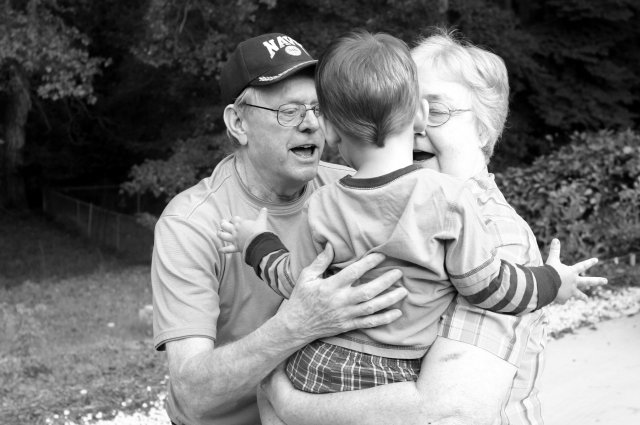
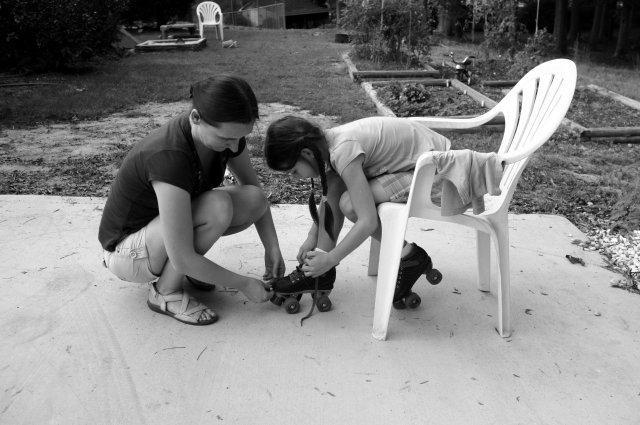
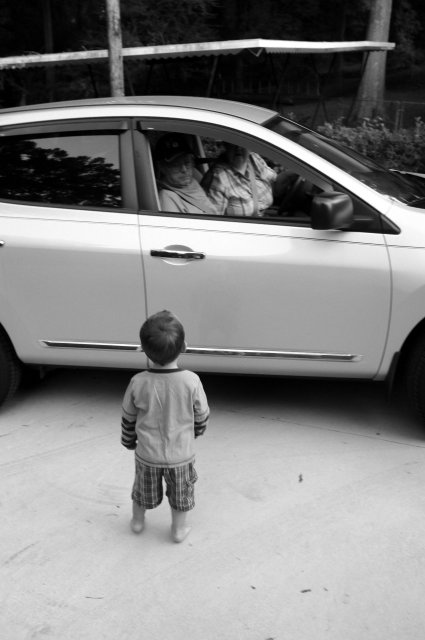
0 Comments